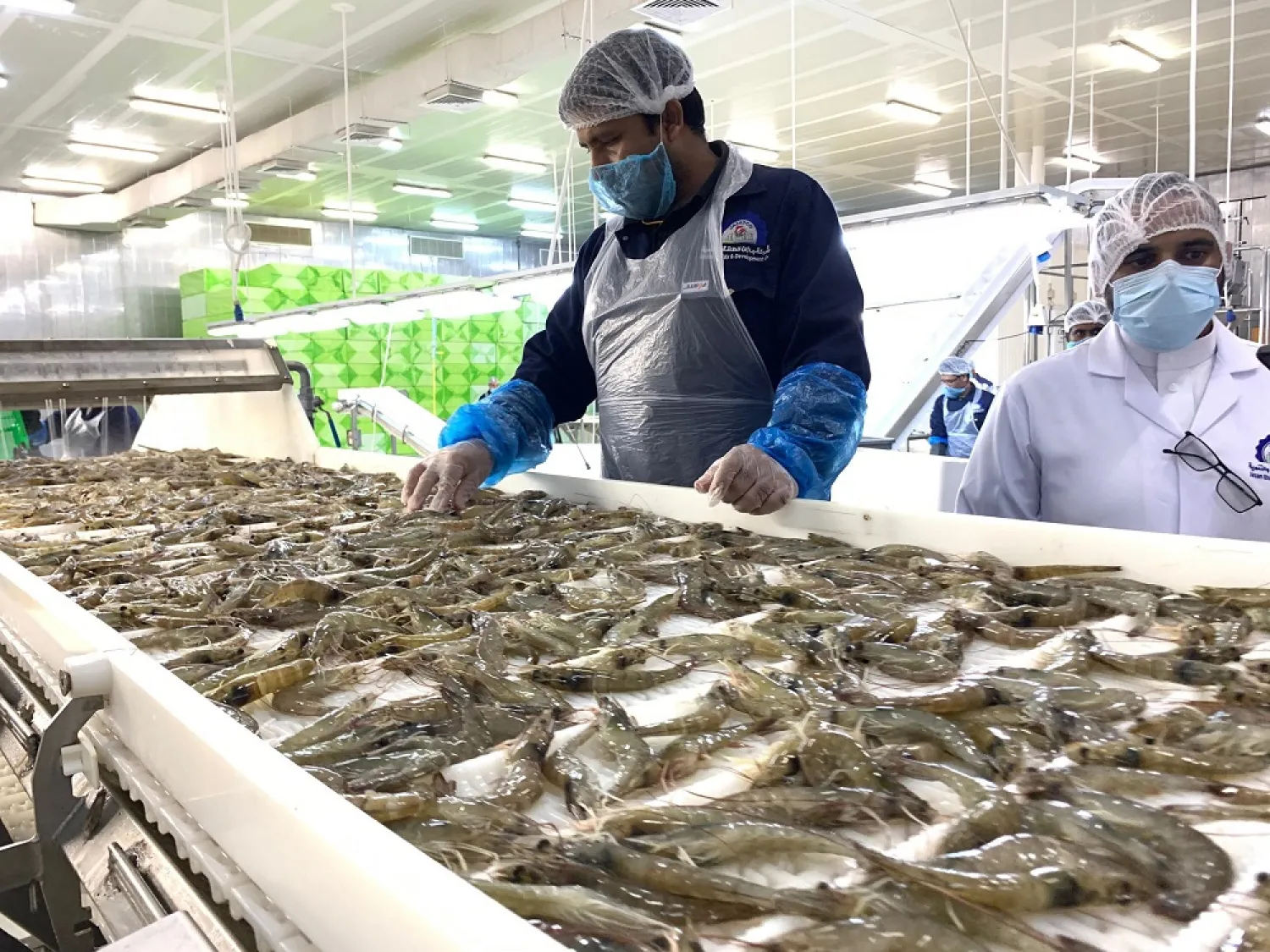Experts in the Saudi private sector assured the ease in which alternatives can be provided for Turkish products in the Kingdom’s market.
They stressed that Saudi Arabia has major purchasing power that can cover the food, building, equipment and consumer goods, thereby strengthening the local market and making up for any possible deficit in imports due to future socio-political changes.
The experts assured consumers of the strength of the Saudi market, which was most recently demonstrated in wake of the novel coronavirus pandemic and how the public and private sectors were able to weather the storm and provide all basic goods, maintain prices and avoid any shortage.
This only bolsters the market’s ability in addressing the latest popular demands for a boycott of Turkish products in Saudi Arabia in wake of tensions between the two countries. The campaign is being addressed by various local businesses, which are aware of the strength of the Saudi economy and its ability to find alternatives to goods coming from Turkey.
An official in the Saudi Chamber of Commerce revealed that the boycott campaign in the Arab world will lead to some 20 billion dollars in losses for Turkey. He also highlighted the strength of the food market in Saudi Arabia, amid a rise in local, regional and international demand for the Kingdom’s products, such as seafood, dates and halal products. The global halal food market alone is worth 1.3 trillion dollars.
The European Union is a constant destination of Saudi seafood exports. The Kingdom also has the capacity to increase production to meet foreign demand. Shrimps, mackerel and lobster are the chief exports, while local demand for seafood is expected to increase 8 percent annually until 2030.
As for dates, Saudi Arabia produces over 1.1 billion tons annually, making up 18 percent of the global market. The Kingdom also produces over 300 kinds of dates from some 25 million date palms throughout the country.
A boycott of Turkish products will boost local companies. Latest statistics showed that up until July, Saudi Arabia boasts some 9,211 factories that produce a range of goods from chemical, food, electrical equipment, clothes, wood products among others.
Dr. Louay al-Tayyar, a business expert, predicted that a halt in imports from Turkey will have a direct impact on the its economy because the Saudi market is a main importer of Turkish goods.
The ensuing losses will become a major burden for Turkish officials as they confront local popular anger, he added.
Moreover, he said the Saudi boycott will open the country to up further to other markets, such as India, Malaysia and Egypt.
Furthermore, he remarked that Saudi investments in Turkey have decreased in wake of complicated procedures imposed by Ankara.
Economic expert Marwan al-Sharif said that a boycott of Turkish goods will boost local Saudi production of furniture and commodities.
These businesses are capable of covering any shortage in the future, he stressed. The market will also open up to other countries that offer products at prices that compete with Turkey’s.









